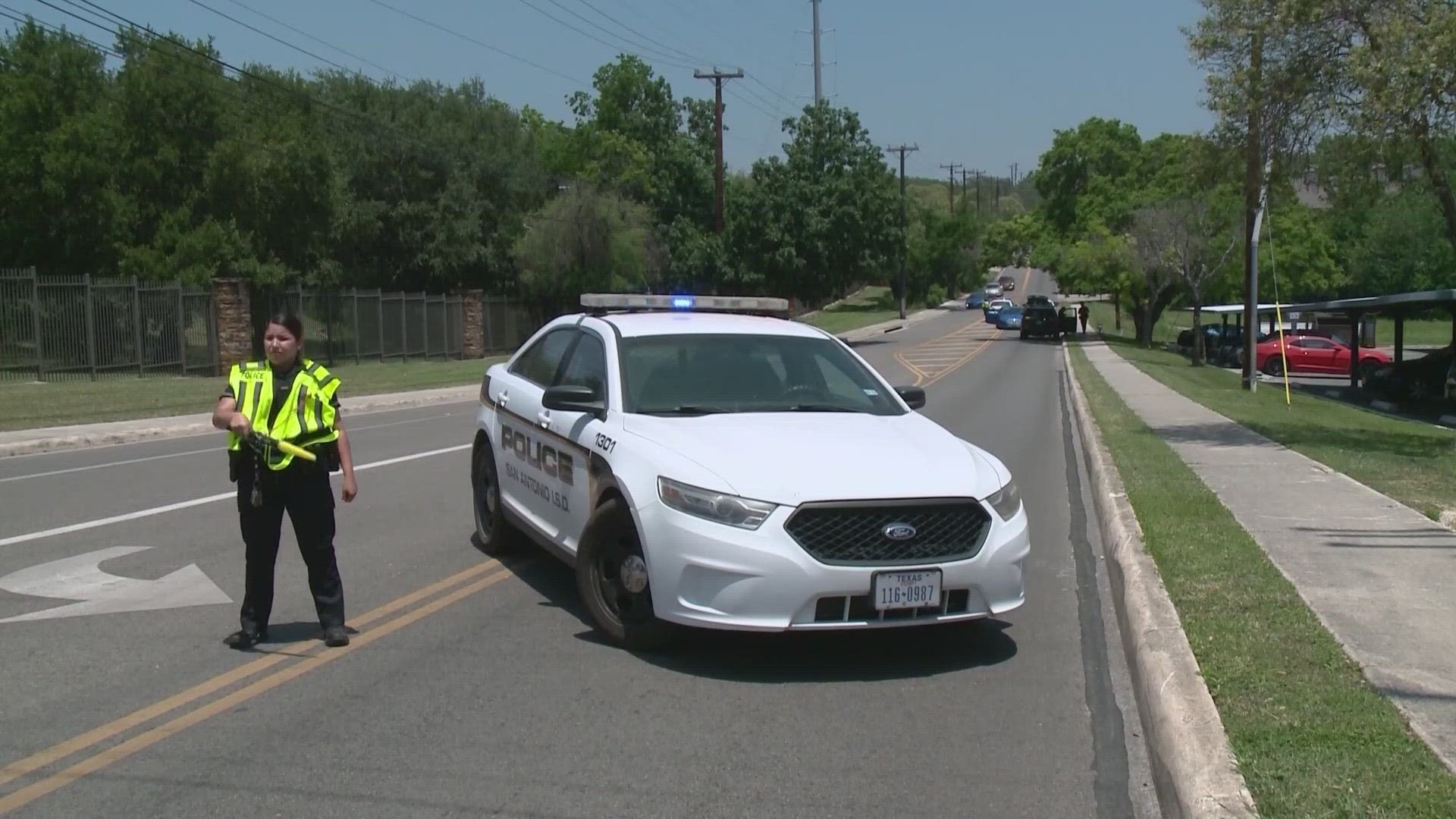SAN ANTONIO — School districts will be spending over a million dollars on security improvements after the Texas legislature passed a bill requiring armed security officers at every school, in addition to other safety measures.
San Antonio area superintendents discussed the challenges with local lawmakers at a State of Education Legislative Briefing Saturday morning. RootEd and Raise Your Hand Texas hosted the event.
Superintendents said they have already worked hard to secure local schools, but the requirement to have armed security at every school campus creates a partially unfunded mandate.
"Our overhead cost for one officer is an average of $55,000. We are a district that has the benefit of having a police department," East Central ISD Superintended Roland Toscano said. "Most school districts in the state are rural and rely on the county or cities to serve them."
Under the new requirements, school districts would get an additional $15,000 per campus and an extra $0.28 allotment per student. District leaders say it's not enough.
Toscano said hiring security for every campus would cost them $1.7 million.
"For reference, we spend $1.5 million on our total athletic programs," Toscano said.
SAISD Dr. Jaime Aquino said safety is always a paramount concern in their district and the district has already invested $20 million for both physical safety improvements and mental health resources. He said finding additional officers will be expensive and they don't have a lot of time to do it.
"It didn't give us a lot of runway. We have been studying the law and studying to see what is the best option for our community," Aquino said. "I have school police officers. We have have 52 or 53 but not enough for one in every single building."
Aquino said SAISD would get a total of $1.3 million in funding for the security improvements, as it has more than 90 campuses. He said paying for 41 additional police officers would cost the district $2.9 million.
Southwest ISD Superintendent Dr. Jeanette Ball said her district had already made safety improvements that put them in a $6 million budget deficit and the officer requirement will only make that worse.
"The 28 cents per students is nowhere near enough," Ball said.
Many school districts do have officers dedicated to high school and middle school campuses but will have one officer patrol between a cluster of elementary schools.
At the same time, superintendents are still frustrated that they didn't get an increase in funding to improve teacher pay. The Texas House of Representatives attempted to pass a pay increase but Texas Senators then tied that together with a school voucher bill near the end of the session. The Texas house continued to reject any voucher program, and the pay increase died along with it. Aquino said pay increase should not be attached to vouchers and schools will suffer without it.
"I'm loosing teachers every single day and nobody wants to go into the most noble profession because we cannot pay our teachers what they deserve. It is disheartening that we had a historic surplus and the state did not invest in our children and in our community," Aquino said.
Superintendent Ball said support staff are also having difficulty surviving without better pay.
"In order to make our system function we need bus drivers, our classroom aids, our custodians. We need all of them. Those groups of people are having a very hard time meeting their families needs and having a living wage and also having insurance, Ball said.
Texas Senator Jose Menendez, Representative Barbara Gervin-Hawkins, and Representative Steve Allison also spoke at the briefing.
While Texas Senators have attempted to tie teacher pay to a new voucher program, and that same voucher program will likely come up in a special session, none of the lawmakers were in favor of vouchers moving forward.
"(Vouchers) means everyone in this room and around the state is subsidizing private school tuition. We are literally going to give a coupon to people who can pick a private school," Menendez said. "You are just subsidizing people who's kids already go there."
Aquino said, under the last voucher plan which provided an $8,000 voucher, economically disadvantaged students would still not be able to afford a private school and would continue to be without a choice in education.

